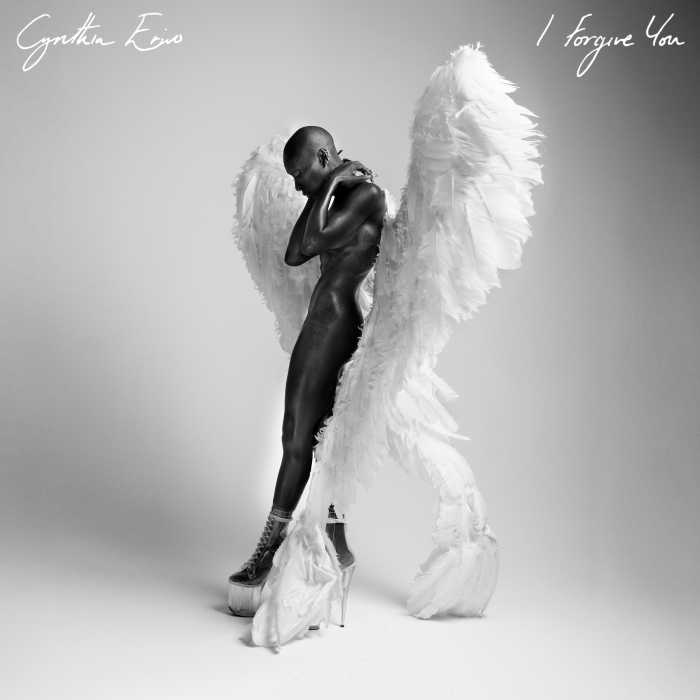“Ragtime” is a show about how the world changes and how, for the short time we are here, we either change with it, are changed by it, or are destroyed in the process.
It’s a theme that E.L. Doctorow approaches often in his writing. It drove his novel “Ragtime,” which the musical is based on, and it drives his latest work of fiction, “Homer and Langley.” It is a great theme of American literature, and whether the metaphor is the opening years of the 20th century or the reclusive life of the Collyer brothers, it is something we must all grapple with.
Seeing “Ragtime” the musical again after nearly 11 years, it’s clear that in 1998, Terrence McNally’s book and the score by Stephen Flaherty and Lyn Ahrens truly captured this sense of unease and change, both in the content of the show and its structure. It stands today as an early example of the kind of narrative arc and use of songs that has become common in everything from “Spring Awakening” to “Next to Normal.”
The revival of “Ragtime” surpasses the original — and is a triumph in its own right
In the new streamlined, but still sumptuous production directed and choreographed by Marcia Milgrom Dodge, the show takes on a new resonance, immediacy, and heart that is essential to the story. The issues of immigration, racial struggle, ignorance, and fear are as rampant today as they were at the turn of the 20th century.
As we watch the antics of Evelyn Nesbit and Harry Houdini, the struggle of Tateh the immigrant trying to find himself, the injustices wreaked on Coalhouse Walker, Jr., and his wife and child, and feel the forces that irrevocably transform the family identified only as Father, Mother, Mother’s Younger Brother, The Little Brother, and Grandfather, who represent the order inevitably being changed, the emotions and struggles hit home as profoundly today as they did in that long-ago time. The images may evoke a lost age on the surface, but the human experience remains the same today.
Dodge has directed with precision and economy, and on Derek McLane’s magnificent set that conjures the arches and columns, cast iron buildings, and new machinery of the Ragtime era, we watch as the three groups — the African Americans, the immigrants, and The Family — find themselves increasingly bound together. What remains remarkable about McNally’s book is that he finds the humanity in each of his characters, and though it’s sketchy as required by the form, by the end of the show we feel we know these people and their world.
Dodge has done a wonderful job of orchestrating the show and the stories, and she has a wonderful 40-member cast to bring this world to life. The company is uniformly excellent. In particular, Quentin Earl Darrington as Coalhouse Walker, Jr., is commanding and fills the role magnificently, playing the full range of the character. Christiane Noll is superb as Mother. Her flawless voice is matched by her rich interpretation of a woman upon whom change is forced — and who ultimately embraces it. Bobby Steggert is outstanding as Mother’s Younger Brother, capturing the confusion and restlessness of both the character and the new century. Robert Petkoff is equally convincing as Tateh, a beleaguered immigrant whose story embodies the American dream.
What’s significant, compelling, and memorable about this production is how each of these characters is both symbolic and real.
Like ragtime music, this show is beautiful, infectious, unsettling, and powerful. The show has found its heart, and it’s irresistible.
Complete Information:
RAGTIME
Neil Simon Theatre
250 W. 52nd St.
Tue. at 7 p.m.; Wed.-Sat. at 8 p.m.
Wed., Sat. at 2 p.m.; Sun at 3 p.m.
$46.50-$126.50;ticketmaster.com
Or 212-307-4100


































